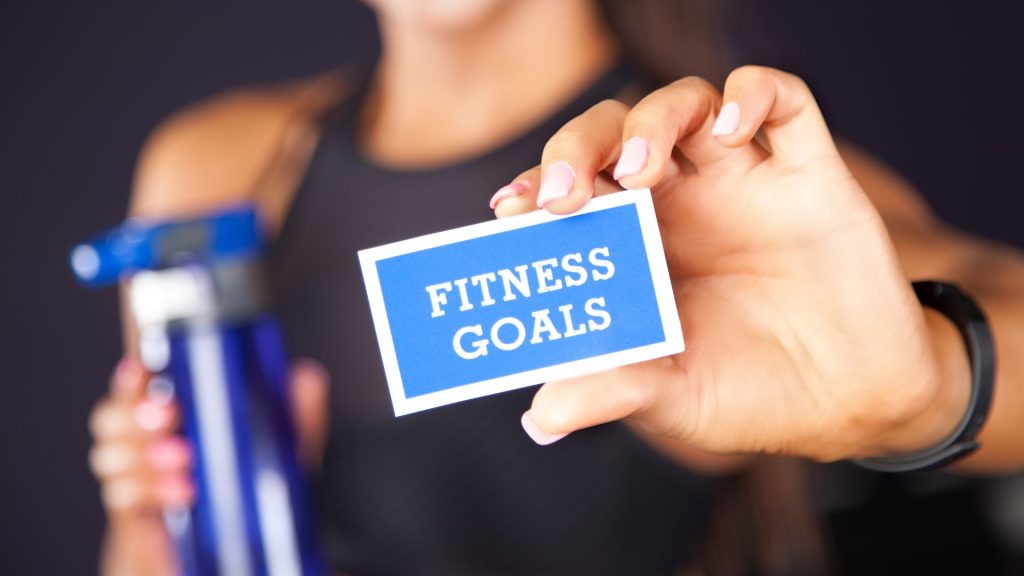Fitness supplements are products with ingredients to support a healthy lifestyle and can assist in reaching fitness goals. You can take these in pill, powder or liquid form.
Beta-alanine, creatine and caffeine are among the most sought-after fitness supplements. They can help reduce muscle fatigue while improving performance during high intensity workouts.
Pre-workout supplements
Pre-workout supplements are dietary supplements designed to give an energy boost before exercise. Available as dissolvable powder, beverage, or gummy form and packed with ingredients proven to increase exercise performance – such as caffeine, creatine and beta-alanine – pre-workout supplements can give a jump start when taken prior to workouts.
Attributes that could be found in these supplements could include l-tyrosine, which helps the body produce adrenaline and norepinephrine which improve focus and alertness; Acetyl l-carnitine which converts fat to energy; vitamins such as B-6; or even nitric oxide boosters may also be present on their labels.
Take your pre-workout supplement approximately 20-30 minutes prior to exercising in order to allow it to absorb into your system, following all instructions on the label and taking note of possible side effects. Alternatively, try munching on bananas, dry cereal or granola bars prior to your workout for additional energy boost.
Post-workout supplements
Supplementing after exercise helps boost recovery and growth after intense physical exertion. Most post-workout supplements contain carbohydrates to restore energy stores, and proteins to promote muscle tissue formation. Certain ingredients such as BCAAs, creatine, and bromelain have also been known to accelerate recovery rates and facilitate faster healing times.
Pre-workout supplements generally come in the form of powders to be mixed with water or another low-fat beverage, often including caffeine to combat feelings of fatigue and beta-alanine for producing carnosine to prevent lactic acid buildup during workouts.
Products like these may be beneficial, but aren’t necessary for optimal workout results. Always consult with a fitness guru or doctor prior to adding supplements into your diet plan, as dietary supplements aren’t regulated by the FDA and may not necessarily be safe for all consumers – be wary of products with excessive fillers and additives.
Weight loss supplements
Though weight loss supplements exist, they should never be seen as an alternative to eating healthily and exercising regularly. But many can provide additional assistance with reaching fitness goals.
Beta-alanine and rhodiola supplements may assist you with prepping for your workout, helping your muscles produce carnosine which increases high-intensity exercise capacity. Rhodiola acts as an adaptogen, relieving stress while improving mental performance.
Pre-workout supplements often include ingredients to promote fat loss. For instance, green tea extract may increase metabolic function by stimulating production of an appetite-suppressing hormone.
Creatine, caffeine and leucine are three other popular supplements used by athletes. Creatine may improve endurance during high-intensity exercise sessions and beginners may especially find it useful, according to Micheil Spillane PhD CSCS assistant professor of health and human performance at McNeese State University Lake Charles Louisiana. Caffeine can increase endurance but also cause unpleasant side effects including insomnia headaches increased heart rates among others.
Muscle support supplements
Supplements can often seem intimidating, especially when it comes to muscle-building supplements. But there are a few key essentials you can add to your diet for maximum efficiency inside and outside of the gym.
Beta-alanine is an amino acid produced in your liver that can also be found in poultry, meat and fish products. It helps form carnosine protein molecules which allow muscles to work harder for longer before fatigue sets in. According to one study involving rowers who took 4-6 grams daily of beta-alanine supplementation over seven weeks saw improvements in their high intensity exercise performance.
Vitamin C is an anti-inflammatory and immunity booster. It can also help your body metabolise carbohydrates, absorb iron, and repair micro-tears caused by strenuous workouts. Try incorporating Vitamin C powder into your post-workout shake or snack on oranges for an antioxidant boost after your workout session. Supplementing with iron may shorten recovery times; consult with a dietician or physician to determine the right dose for you.


